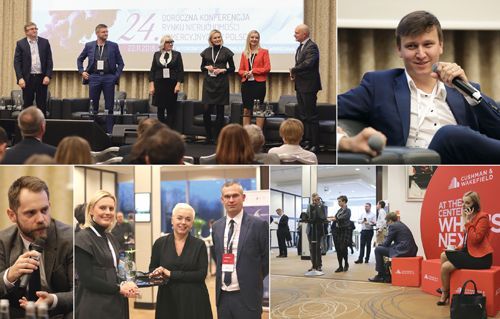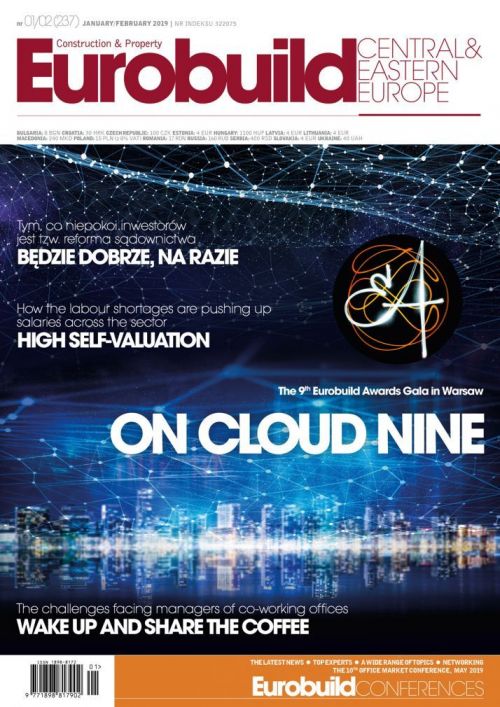Over 150 people came to the 24th Annual Property Market Convention and it began with a sparring session hosted by Ewa Andrzejewska, the editor-in-chief of Eurobuild Central & Eastern Europe magazine. Two giant figures from the real estate market sat opposite each other: Przemysław Krych, the founder of Griffin Real Estate and Paweł Dębowski, the chairman of the European real estate at Dentons. Poland is booming but both agreed that it is only for the time being that there is no cause for concern. Poland has has become the star market in European logistics and the office market is also thriving. Total investment in the Polish real estate is expected to be around EUR 6 bln. “We are, however, at a crossroads, because low labour costs can no longer be counted as one of the country’s advantages” said the founder of Griffin. He also pointed out that in previous years, before the global financial crisis, Poland was protected by rising consumer spending and a high level of EU investm





























































